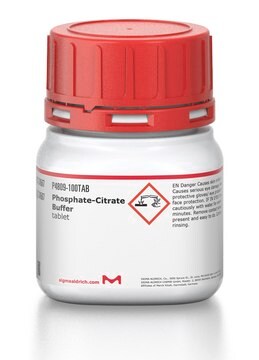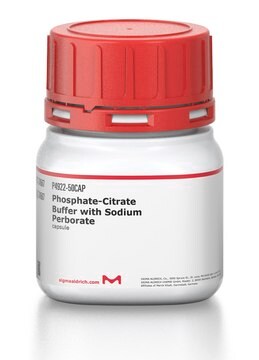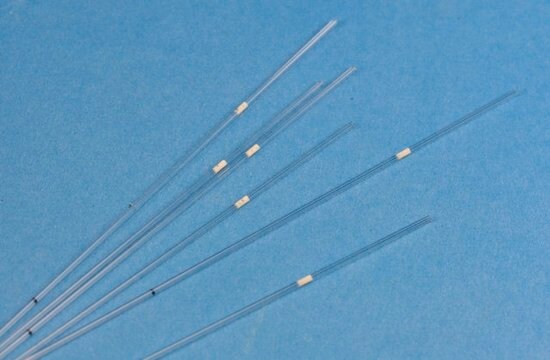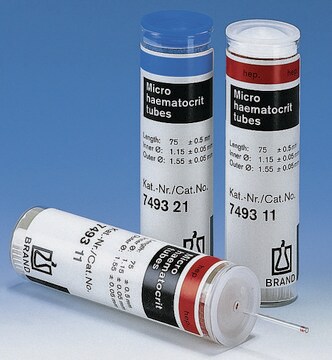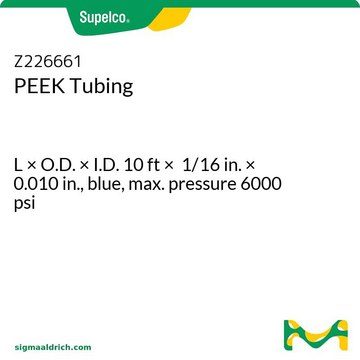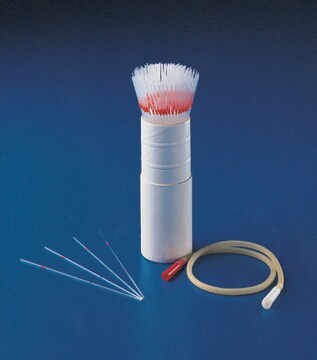Recommended Products
form
solution
Quality Level
IVD
for in vitro diagnostic use
application(s)
hematology
histology
shipped in
wet ice
storage temp.
2-8°C
Related Categories
Application
- Poly(sulfobetaine) versus poly(ethylene glycol) based copolymer modified polyurethane catheters for antifouling: This study examines the use of ethanol in the synthesis of polymers designed to reduce biological fouling on medical devices, highlighting its role in advanced healthcare materials research (Cao et al., 2024).
- Green synthesis of polyimide by using an ethanol solvothermal method for aqueous zinc batteries: Ethanol is used as a green solvent in the innovative synthesis of polyimide structures, emphasizing its importance in sustainable material production and energy storage solutions (Zhao et al., 2024).
- Modulation of gut microbiota with probiotics as a strategy to counteract endogenous and exogenous neurotoxicity: Research explores the indirect applications of ethanol in the solvent extraction processes used for studying neuroprotective strategies in medical research (Skalny et al., 2024).
- Superselective Ablative Chemo-ethanol Embolization for Recurrent Single Hepatocellular Carcinoma: A Six-Month Outcome Analysis: This clinical study utilizes ethanol directly in therapeutic interventions, demonstrating its critical use in oncological treatments to improve patient outcomes (Lee et al., 2024).
- Self-Assembly Reinforced Alginate Fibers for Enhanced Strength, Toughness, and Bone Regeneration: Ethanol is employed in the processing of novel biomaterials designed for medical applications, showcasing its utility in the development of regenerative medicine technologies (Cui et al., 2024).
Components
Sodium citrate, 0.7 mol/L, and sodium phosphate, 0.6 mol/L
Signal Word
Warning
Hazard Statements
Precautionary Statements
Hazard Classifications
Eye Irrit. 2
Storage Class Code
10 - Combustible liquids
WGK
WGK 1
Personal Protective Equipment
dust mask type N95 (US), Eyeshields, Gloves
Choose from one of the most recent versions:
Already Own This Product?
Find documentation for the products that you have recently purchased in the Document Library.
Our team of scientists has experience in all areas of research including Life Science, Material Science, Chemical Synthesis, Chromatography, Analytical and many others.
Contact Technical Service